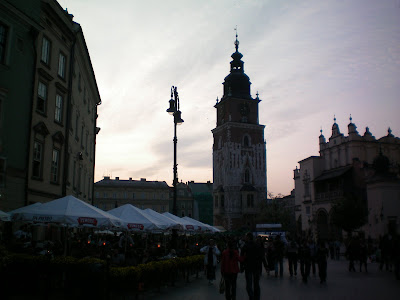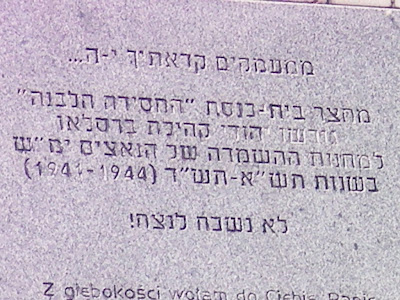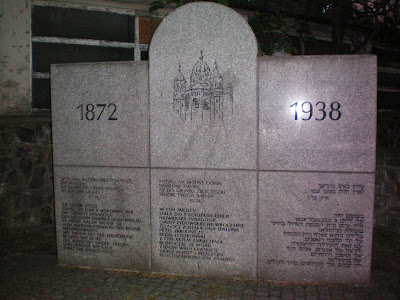"When they had gone ashore, they saw a charcoal fire there, with fish on it, and bread. Jesus said to them, 'Bring some of the fish that you have just caught... Come and have breakfast.'"- John 21:9-10, 12
When I was kid my family used to take trips to Northern Michigan every year. It was a welcomed change of pace, a time to connect with one another as a family, and some of my favorite memories from that time are sitting around a bonfire, sharing stories, smores, and looking up at the stars. There is just something basic and essential to the human experience in gathering around a fire. And it is that experience that captures my attention in this text.
In this story from John's Gospel, Jesus has been crucified, and has resurrected. At some point after the resurrection, the disciples choose to go out fishing. They go at night, working all through the night but they labor in vain. They don't catch a single fish. These skilled fishermen have run out of luck. Nothing works.
As the dawn breaks, the disciples notice a man standing on the shore who calls out to them, "Haven't you caught anything?"
One might think the disciples would respond sarcastically to this seeming taunt. But they simply say "No."
So Jesus tells them, throw your nets on the other side. When they do, their nets are so full that they can barely haul the fish in.
It begins to dawn on them who they're dealing with, so they make their way to shore.
When they land they find Jesus standing next to a charcoal fire, with fish and bread already cooking on it. So Jesus invites them to add what they've just caught and join him for breakfast.
So often in reading this scripture I've jumped directly into thoughts about resurrection, or the disciple's weird inability to catch any fish despite being fishermen by trade. But as I read this text again, I'm drawn to the charcoal fire, the burning coals and the invitation, "come and have breakfast."
More than anything I'm curious about the one detail present in this fire that makes it so special. In Greek, this fire is called ἀνθρακιά (anthrakia), which means "burning coals." It's a word used twice in the New Testament, both times in John's Gospel. It's different from any other fire, it specifically identifies a charcoal fire, made from wood. Here's what draws me in with this word:
The fire that Jesus creates for his disciples takes time to prepare.
The process of making charcoal out of wood is an ancient practice that dates back at least 30,000 years. It's a process that can take days but transforms the wood into nearly pure carbon. The result of this labor is a product that burns hotter, longer, more evenly, with less smoke, and fewer dangerous vapors than wood alone. In a sense, making a wood charcoal fire purifies the fire. But it takes time, skill and patience.
There can be moments in ministry where we might toil long through the night. Things we might otherwise assume we can do well produce no tangible results. But what if, even in those doubtful moments, even when we're looking at the end and are preparing to pack it in, Jesus has been working right along side us and we just haven't been able to perceive it yet?
To make this fire Jesus has to have been working at it for a while. Jesus has had to have worked through the night, keeping an eye on his disciples, laboring alongside them, anticipating where they'll be by morning. Jesus has been preparing for a feast. While the disciples believe they are stuck with nothing, in scarcity, Jesus plans for abundance.
I wonder if there is a lesson in patience here, in persistence, a call to wait for the dawn. Because even while we stumble along in the shadows of night, Jesus is anticipating a feast come dawn, and is actively making preparations for it.
As we enter into Lent, a season of preparation walking with Jesus toward the cross and in anticipation of resurrection at Easter, I will keep watch for the burning coals as I labor. I will trust that Jesus works alongside me, anticipating the conclusion to our shared labor and I will invite, just as I have been invited so many times before, to share in the bounty.
You see, the burning coals aren't just a minor detail, they show us Jesus' commitment to working with us, anticipating the fellowship to come, planning for a response of abundance.
















